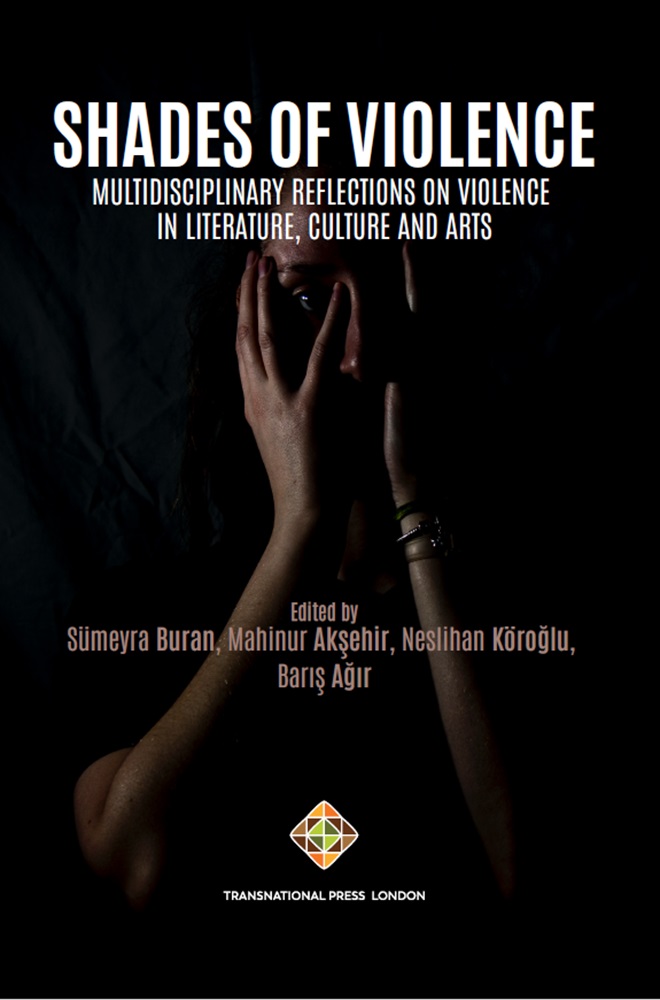Violence, Power, and Counter-Power in Anthony Burgess’s A Clockwork Orange
Violence, Power, and Counter-Power in Anthony Burgess’s A Clockwork Orange
Author(s): Şebnem Düzgün
Subject(s): Studies in violence and power, British Literature
Published by: Transnational Press London
Keywords: Violence; power; counter-power; Anthony Burgess; A Clockwork Orange;
Summary/Abstract: The concept of power is multifaceted, but those studying and discussing power mainly deal with “the effects of domination, oppression, and subordination in setting the terms of social life- in identifying the agents of power and those whose lives are diminished as a result of the exercise of power” (Belliotti, 2016, p. 12). For instance, Karl Marx (1932/1988) claims that in a capitalist society, people who have money dominate those who do not have it, “[c]apital is thus the governing power over labor and its products” (p. 36). Power is not only related to economy but also to politics. In the Communist Manifesto (1848/1988), Marx and Friedrich Engels define political power as “the organized power of one class for oppressing another” (p. 231). Marx and Engels believe that there is a strict, hierarchical relationship between the repressive ruling classes and dominated working classes, but Louis Althusser (1995/2014), another Marxist critic, argues that although the ruling class has state power, power relations between the dominant and dominated classes are dynamic because the ruling classes might face “the resistance of the exploited classes” (p. 245). Friedrich Nietzsche (1901/1968), on the other hand, argues that the universe is full of conflicting forces that are in a struggle with one another to survive, and human beings, being a part of this universe, also have the driving force to live. Accordingly, he maintains that each being needs to have opponents to continue their existence. While numerous scholars have offered their unique insights on the notion of power, Michel Foucault‘s theory about power and its dynamic relationship with the oppressed is particularly illuminating. Foucault (1976/1978) posits that power is produced through the complex interplay between oppressor and oppressed, suggesting that those in power require a subjugated counter-power to define themselves. This study examines Anthony Burgess’s A Clockwork Orange (1962/2000) in light of Foucault’s theory, considering the power dynamics between the state and citizens.
Book: Shades of Violence: Multidisciplinary Reflections on Violence in Literature, Culture and Arts
- Page Range: 227-238
- Page Count: 12
- Publication Year: 2023
- Language: English
- Content File-PDF

